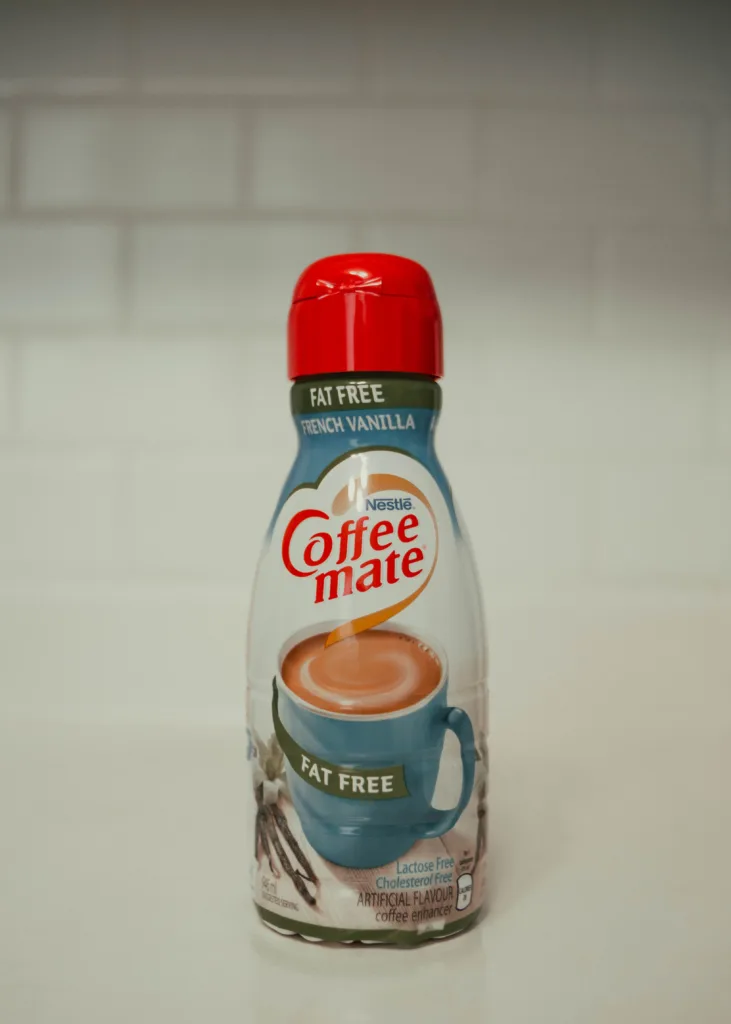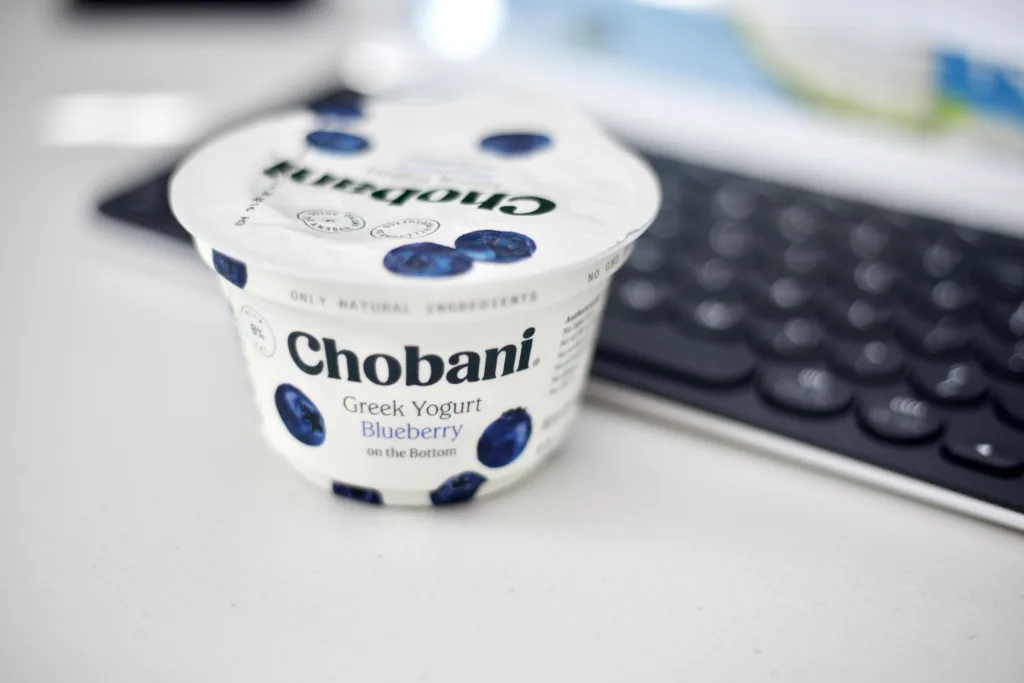Milk and its derivatives have been used as food for humans for thousands of years. Milk is a source of many essential nutrients such as calcium, protein, and vitamin D. Milk derivatives are products that are created from milk or its components through various processes. In this article, we will discuss some of the most common milk derivatives and their uses.
Sodium caseinate is a milk derivative that is used in many non-dairy products such as Coffee Mate. It is a water-soluble version of the milk protein casein, created by reacting casein with sodium hydroxide. Non-dairy products can contain caseinates, even though casein is one of the major milk allergens. Sodium caseinate is used as a thickener, emulsifier, and stabilizer in various food products.
Whey powder is a milk derivative that is created from pasteurized cheese whey. The first step is to concentrate the pasteurized whey. Whey powder is used as a source of high-quality protein in many food products. The vaue of whey is its high nutritional value. Whey itself is the liquid remaining after milk has been curdled and strained.
Yogurt is a milk derivative that is manufactured from milk and its derivatives. Yogurt can be made with or without the addition of some natural derivative of milk such as skim milk powder, whey concentrates, caseinates or cream. Yogurt has a gel-like structure that results from the coagulation of the milk proteins, due to the lactic acid secreted by defined species. Yogurt is a good source of probiotics, which are beneficial bacteria that can improve gut health.
Milk derivatives are products that are created from milk or its components through various processes. Sodium caseinate is a milk protein that is used in many non-dairy products such as Coffee Mate. Whey powder is a protein-rich powder that is created from pasteurized cheese whey. Yogurt is a milk product that is manufactured from milk with or without the addition of some natural derivative of milk. These milk derivatives are used in various food products for their nutritional value, functional properties, and texture.
What Milk Derivative Is In Coffeemate?
Coffee Mate contains a milk derivative called sodium caseinate. This particular derivative is a soluble form of the milk protein casein. It is produced by combining casein with sodium hydroxide. Sodium caseinate is commonly used in various food products, including coffee creamers, as it can improve the texture, flavor, and appearance of the product. It is important to note that sodium caseinate is derived from milk, so it may not be suitable for those with a milk allergy or lactose intolerance.

Can Non-dairy Contain Milk?
Non-dairy products may contain milk or milk-derived ingredients such as caseinates, despite their labeling as “non-dairy.” This is because FDA regulations permit the use of certain milk-derived products in non-dairy products. Casein, a milk protein, is one of the major allergens associated with milk. Therefore, individuals with milk allergies should be cautious when consuming non-dairy products and read the ingredient list carefully. It is important to note that non-dairy products may still be suitable for individuals who are lactose intolerant or following a vegan diet.
What Is Whey Milk Derivative?
Whey milk derivative is a protein-rich powder that is obtained by spray-drying pasteurized cheese whey. This process involves concentrating the whey, which is the liquid that remains after milk is curdled and strained. The resulting powder is a valuable nutritional supplement due to its high protein content.
Whey milk derivative is often used as a dietary supplement by athletes and bodybuilders to support muscle growth and recovery. It is also used in the food industry as an ingredient in protein bars, smoothies, and oher products that require a high protein content.
Whey milk derivative is a versatile and valuable product that is derived from milk and provides numerous nutritional benefits.
Is Yogurt A Derivative Of Milk?
Yogurt is a product that is derived from milk. The coagulation of milk proteins occurs due to the lactic acid secreted by specific species of bacteria. Yogurt can be made from various types of milk, including cow’s milk, goat’s milk, and sheep’s milk. Additionally, other dairy derivatives, such as skim milk powder, whey concentrates, caseinates, or cream can be added to the milk to make yogurt. However, the gel-like structure of yogurt is a result of the coagulation of milk proteins, which is a natural process that occurs during yogurt production.

Conclusion
Milk derivatives are commonly used in a variety of food products, including non-dairy creamers, protein powders, and yogurt. Sodium caseinate, a water-soluble version of the milk protein casein, is often used as a key ingredient in non-dairy creamers, despite its origins in milk. Whey powder, a byproduct of cheese production, is also a popular ingredient in protein powders due to its high nutritional value. While milk derivatives may be used in non-dairy products, it is important to note that they are not necessarily milk-free and may still contin allergens for those with milk sensitivities. understanding the use and origins of milk derivatives can help consumers make informed choices about the foods they consume.
